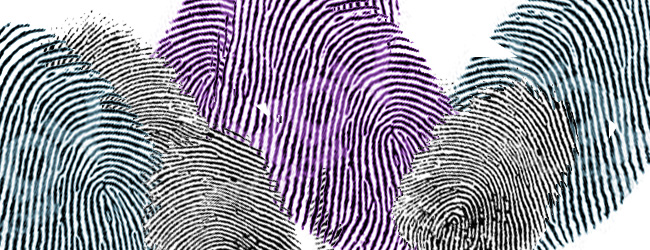All people are the same; it is only their habits that are different. – Confucius
We live in a big world that is becoming smaller and smaller. People travel more and move easier from one continent to the other. Whether for professional or personal reasons they migrate to a foreign country and build a new home and future. Thanks to the fast growing communication technologies like Internet we easily get in contact with others around the globe without traveling and break invisible barriers! This is an amazing development in our era and so must be handled with the proper cultural sensitivity.
The way we do, see and feel things varies from one another. Not because of the color of our skin, but because we have a different perception how things must be done. This perception has been formed during our life and the experiences we have gone through, the customs we learned and the habits we developed. A major factor that defines the way we are is where and how we have been brought up.
Customs are based on culture, or religious tradition. Habits are based on our personal behavior. A good example of a custom is for instant how we celebrate Christmas and New Year. Every country does celebrate them but a different way and some even on a different day. Habits are based on something we do constantly that it becomes a routine or practice like for instance: fidgeting, drinking, and spitting. Unfortunately these aren't such appealing examples but the truth is that we must be aware that some habits we have may cause aversion to others.
A piece of good advice is to always be an observer wherever you are. You will notice that by doing this a complete new and interesting world will open for you. Don't take things for granted and expect others to pick up the broken glasses for you. Do not stand too close to someone without considering his or her cultural background. Respect everyone's private space. When you stand in a line keep a sensible distance from the person in front of you so you won't be breathing on his or her neck.
One of the nicest habits across cultures is de handshake when we meet someone for the first time or just greeting someone in the social and business arena. Some people put an extra gesture by kissing, hugging our putting their right hand on their left shoulder as if they where touching their heart. The simple handshake is universally accepted, especially when doing business internationally. In some countries, the handshake is a symbol of bonding and is more important than a contract. The handshake is both symbolic and significant.
When visiting a foreign country or entertaining people from other cultures feel free to ask their habits regarding handshaking. When we are guests, or live in a foreign country we ought to show respect for the local customs of our host country. Your appreciation of your host country's heritage may be used to gauge your desirability to integrate in your new society. Integrating does not mean we will have to put aside our own customs & habits, but that we must be respectful and considerate towards other cultures.
Be aware of cultural differences and educate yourselves by showing interest by learning Customs & Habits of other cultures. This will help making our life and of all people we interact with more comfortable!





